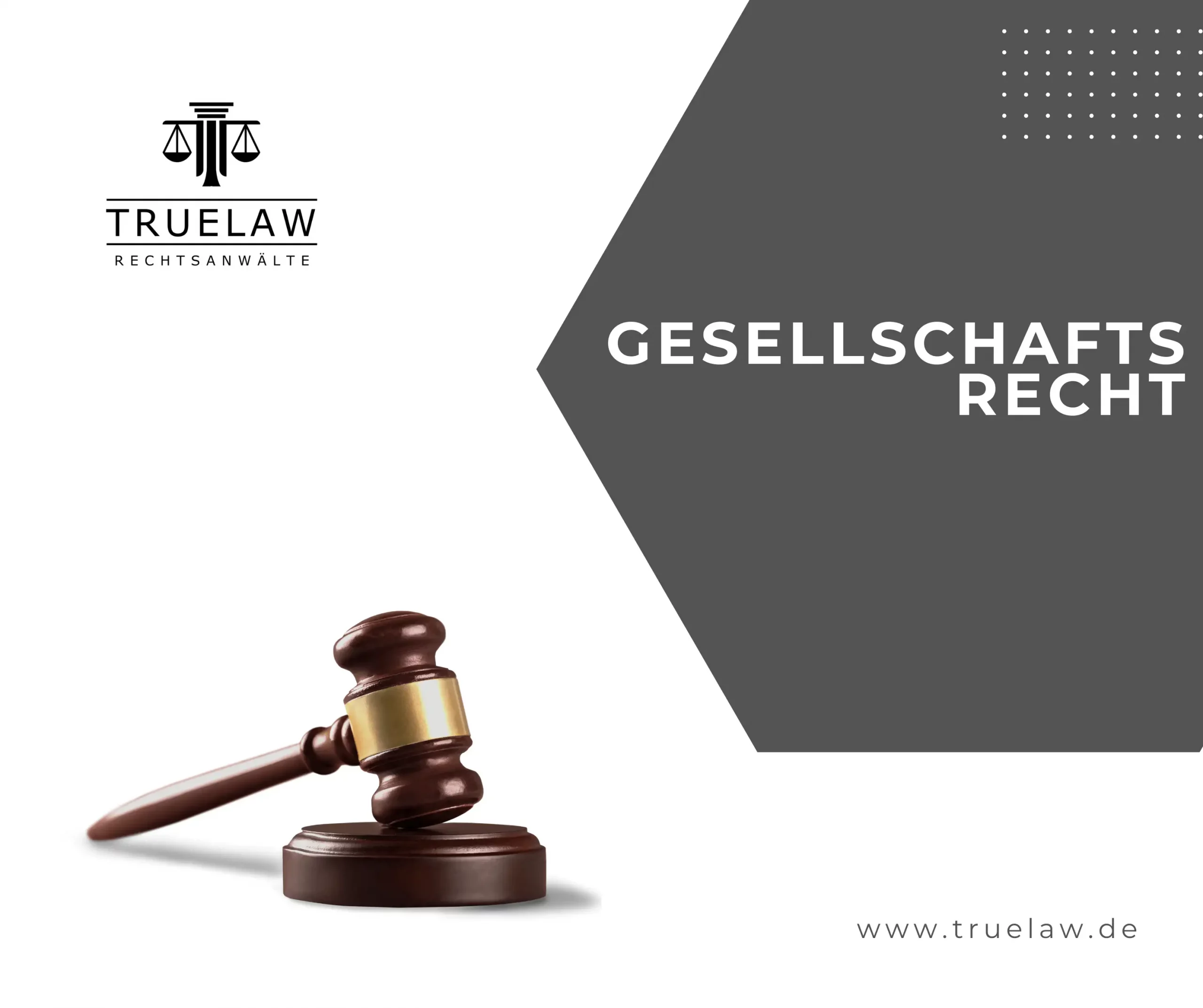A basic distinction must be made between partnerships (Personengesellschaft) and corporations, although there are also mixed forms, the best known of which is probably the GmbH & Co KG.
As a rule, the personal involvement of the partners in the company is greater in the case of partnerships. The shareholders often participate personally in achieving the company’s objectives. In most partnerships, the partners are liable for the company’s liabilities with all of their private assets.
Partnerships include legal forms such as the civil law partnership(GbR), limited partnership (KG), general partnership(OHG) and the partnership company(PartG).
The key difference between a corporation and a partnership lies in the so-called separation principle. In the case of a corporation, the company and the shareholders are independent of each other. A corporation always acts through its executive bodies, while a partnership regularly acts through its partners. In contrast to partnerships, there are also detailed statutory accounting regulations for corporations. This also applies to commercial partnerships if their personally liable partners are corporations (e.g. GmbH & Co. KG).
In contrast to a partnership, there is generally no joint liability of the partners in a corporation. The change of shareholders does not change the assets of the corporation.
Corporations include the Gesellschaft mit beschränkter Haftung (GmbH) or the Unternehmergesellschaft (UG), the Aktiengesellschaft (AG) and the UG (haftungsbeschränkt).
The most common hybrid form of a partnership with a corporation is the GmbH & Co. KG. The advantage of this hybrid form is that the fully liable general partner is not a private individual, but a limited liability corporation.

